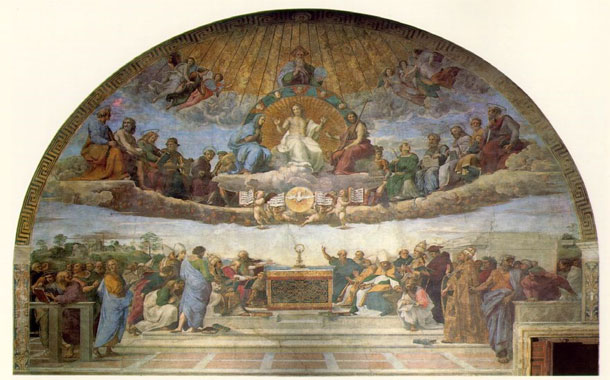Travel Seminars
2023 International Summer School of Theology

NEW BRUNSWICK THEOLOGICAL SEMINARY
in cooperation with the INTERNATIONAL REFORMED THEOLOGICAL INSTITUTE
announces its
2023 SUMMER SCHOOL OF THEOLOGY
The Calling of the Church in Times of Polarization
June 30 – July 8, 2023 • Amsterdam, the Netherlands
Theme: “The Calling of the Church in Times of Polarization”
Dates: June 30-July 8, 2023
Cost: $1,400. Participants are responsible for their own travel to Amsterdam and back. Cost includes lodging and lectures. Scholarships will be available for up to ten current NBTS students/graduates from the classes of 2022 or 2023 for up to $700 per student. We will offer a 3-credit Master’s elective course connected with this trip and for those who register, an additional $300 scholarship will be provided for the cost of the course.
In many societies all over the world an increasing polarization between various groups can be observed. Tendencies of polarization extend from the political to the economic and from the religious to the social sphere. Polarization is often motivated by prejudices about differences in ethnicity, race, religion, culture, gender, sexuality, economic or social background. Driven by fear about losing what is regarded as valuable, particular groups become to demonize other groups as cause of imagined or real threats. On the political level polarization becomes manifest in populist movements with the explicit aim to polarize against and distance themselves entirely from any political establishment, as for instance in new political parties in many European countries. In some cases, populists succeed in occupying important positions in traditional democratic countries. In other cases, nationalism is promoted as counterforce to a globalizing world. Different but related is the polarization of groups of native inhabitants towards newcomers, for instance native inhabitants of European countries who fear the arrival of large numbers of migrants from the African continent, often suggestively associated with the worldwide danger of Muslim extremism. In other cases, violence of majorities to religious or ethnic minorities is sanctioned because the minority is regarded as not belonging to the national identity and therefore marginalized, as for instance in Indonesia. Sociologists observe an increasing tension between high-educated people, often living in the cities and with a global orientation, on the one hand, and less-educated people living in the country or poor neighborhoods in the cities and oriented to the local, on the other.
All these instances of polarization affect the church as well. The church worldwide and locally is often deeply divided on highly contested issues, as for instance on how one judges about same-sex relationships, gender or migrants. There is a great gulf between the so-called ‘main-line’ (or ecumenical) and the so-called ‘evangelicals,’ a gulf which can be experienced within one church community. The churches themselves are part of, and internally experiencing, polarization.
Given this increasing (or at least ongoing) polarization of various groups within societies as well as within the churches, what may be the calling of the church? How can the church contribute to a viable society or community where people of different backgrounds and convictions live together peacefully? What should be the role of the church in society? How to cope with polarization within and between the churches and their theologians? How may Bible and tradition shed light on these questions?
The IRTI summer school will be organized together with other theological institutions from several places around the globe. Students and several professors from the USA, Hungary, and some other countries will participate.
All lectures will be in English.
